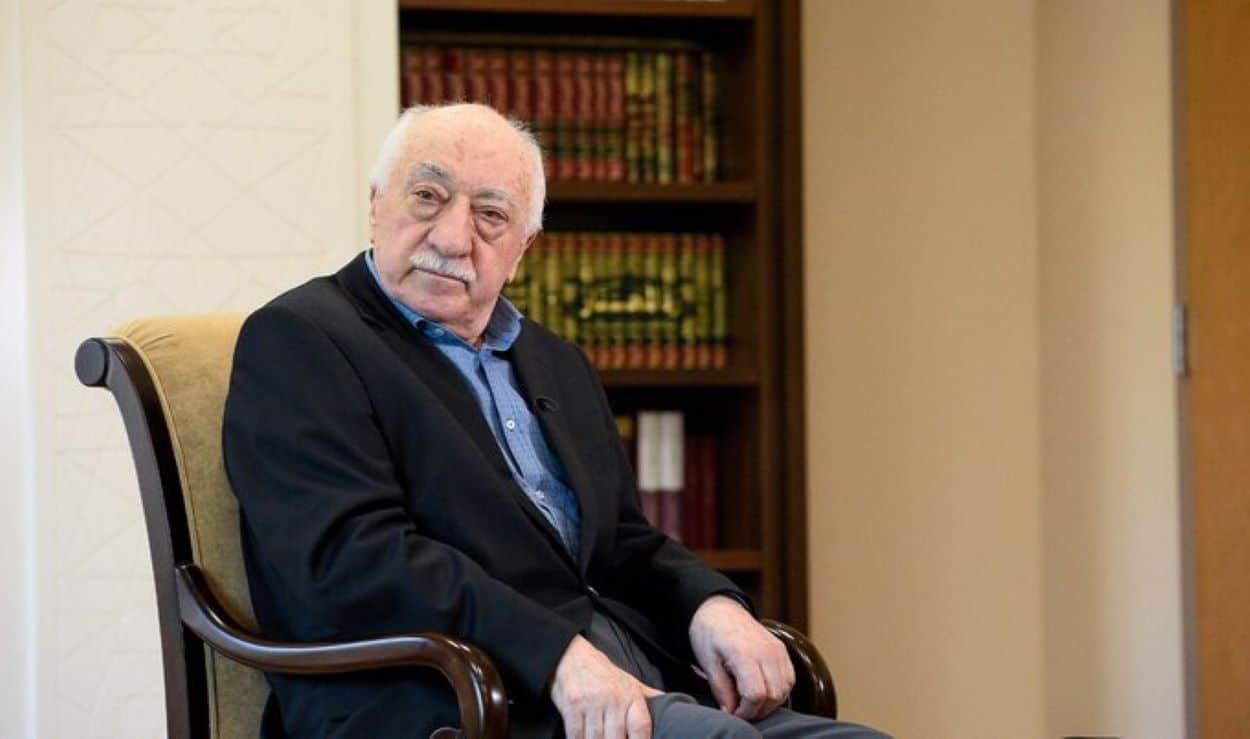Fethullah Gulen, the Turkish cleric accused of masterminding the failed 2016 military coup in Turkey, has died in the United States at the age of 83.
Turkish media and a website associated with Gulen confirmed his passing after a brief illness in a US hospital. A former ally of Turkish President Recep Tayyip Erdoğan, Gulen became a pivotal figure in the Hizmet movement, building a substantial network in Turkey and internationally. He had been living in self-imposed exile in the US since 1999.
The relationship between Gulen and Erdoğan deteriorated in 2013 following allegations of corruption within Erdoğan’s inner circle, believed to have been instigated by Gulen’s followers. Their alliance initially formed to challenge Turkey’s secularist policies, fractured, leading to Gulen’s estrangement from the Turkish government.
After the July 15, 2016 coup attempt, which resulted in over 250 deaths and injuries to 2,700 others, Erdoğan accused Gulen of orchestrating the uprising, a claim Gulen strongly denied. Subsequently, the Turkish government labelled Hizmet, or the “service” movement, as a terrorist organization and branded it the Fethullah Terrorist Organisation (FETO).
In response to the coup, the Turkish government initiated a sweeping crackdown, arresting tens of thousands linked to Gulen’s movement, shutting down schools and media outlets, and dismissing nearly a quarter-million state employees.
Throughout his exile, Gulen remained low-profile, living in a secluded compound in rural Pennsylvania. He consistently refuted any involvement in the coup and condemned the actions of those who participated.
Despite once wielding significant influence, Gulen’s movement saw a sharp decline in power following the coup and the intense governmental purges that followed.






